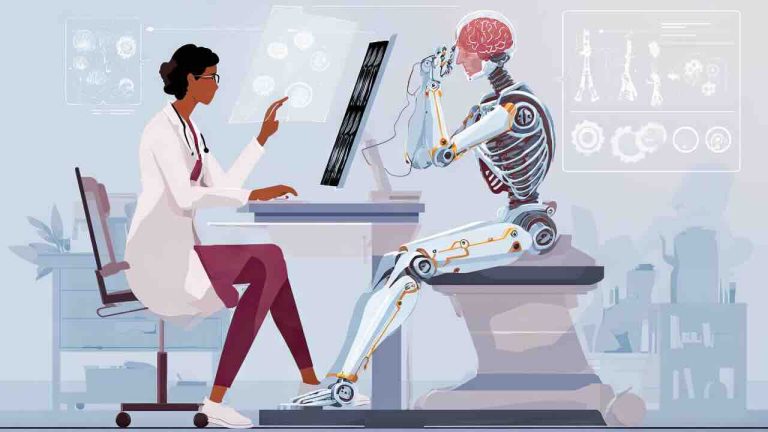Microsoft has entered a strategic partnership with Harvard in a move that could redefine the future of AI-powered healthcare while reducing the company’s reliance on OpenAI. This collaboration is designed to integrate Harvard’s trusted health data and expertise directly into Microsoft’s AI tools, including its Copilot experiences. For users across the United States, the partnership signifies a stronger emphasis on medical accuracy, reliability, and innovation at a time when public trust in AI-driven health guidance is under intense scrutiny.
By working with Harvard, Microsoft is making a clear statement about the direction of its artificial intelligence strategy. The company aims to leverage Harvard’s decades of medical authority to provide AI healthcare insights that are not only more precise but also more aligned with established scientific standards. This shift signals a potential competitive edge for Microsoft as it balances technological advancement with the growing demand for trustworthy AI applications. It also highlights Microsoft’s long-term intention to diversify away from heavy dependence on OpenAI’s models, creating more resilience in its AI ecosystem.

For the healthcare industry, the implications of this partnership are profound. AI has already begun to reshape medical diagnostics, patient education, and decision support, but misinformation and uneven quality remain significant barriers. Harvard’s role is crucial in bridging this gap, offering a level of credibility that consumers, clinicians, and institutions can rely upon. By embedding Harvard’s vetted medical content into Microsoft AI systems, users may gain access to health answers that are clearer, safer, and better aligned with real-world clinical knowledge. This positions Microsoft as a leader in responsible AI adoption within healthcare.
The timing of this move could not be more critical. As AI tools become increasingly integrated into everyday life, public demand for transparency and accountability is growing louder. Microsoft’s effort to reduce reliance on OpenAI can also be viewed as a strategic maneuver to maintain independence and foster internal innovation while building partnerships that emphasize trust. In the competitive AI landscape, aligning with Harvard sends a strong signal of credibility that may resonate strongly with both institutional clients and individual users.

Beyond the immediate benefits for healthcare, this collaboration illustrates a broader trend: technology companies are seeking partnerships that anchor AI development in trusted, domain-specific expertise. Microsoft’s approach could set a precedent for other industries where accuracy and authority are vital, from finance to education. If successful, the Harvard alliance may encourage further cross-industry collaborations that put substance over speed, ensuring AI is not only powerful but also grounded in knowledge people can depend on.
For users across the United States, the result could be a more reliable AI health companion embedded into the tools they already use daily. Whether through Microsoft’s productivity suite, search experiences, or Copilot assistants, the integration of Harvard’s content promises to deliver health guidance that feels less like generic AI output and more like expert-backed advice. This collaboration could become a model for how AI companies balance technological ambition with societal responsibility.
The Bigger Picture:
Microsoft’s partnership with Harvard signals a new era where AI healthcare is not just about speed or scale but about accuracy, trust, and long-term sustainability. By cutting back its dependence on OpenAI and investing in collaborations with respected institutions, Microsoft is redefining its AI strategy in a way that directly responds to consumer demand for reliable information. This move strengthens the company’s position in the competitive AI landscape while setting the stage for safer, more accountable healthcare innovations powered by artificial intelligence.
#MicrosoftAI #HarvardHealthcare #AIHealthcare #TrustedAI #OpenAI #HealthcareInnovation #ResponsibleAI #MedicalAI #AIRevolution #DigitalHealth















0 Responses
No responses yet. Be the first to comment!